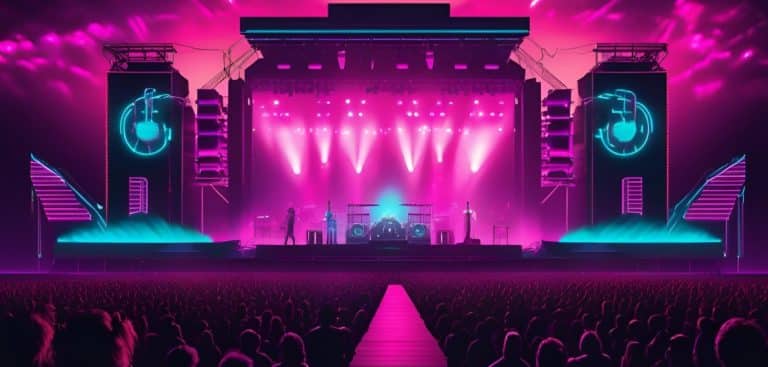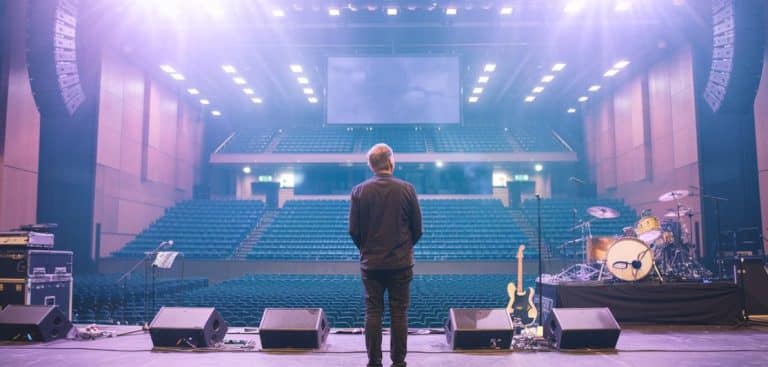Selecting appropriate venues for touring artists stands as one of the most critical decisions in modern artist management.
The impact of venue selection reverberates through every aspect of a tour’s success, from financial outcomes to audience satisfaction and artist reputation, especially for an independent artist. In today’s competitive music industry, where live performances constitute a significant portion of an artist’s revenue and brand building, the importance of strategic venue selection cannot be overstated.
This comprehensive guide delves deep into the intricacies of choosing optimal performance spaces, offering detailed insights for both emerging talent and established acts.
Also Read: An Essential Guide for Touring Artist Managers
Understanding the Live Music Industry

The live music industry is a dynamic and multifaceted sector that plays a pivotal role in the broader music landscape. It involves a diverse array of stakeholders, including artists, tour managers, booking agents, local promoters, and venues, all working in concert to bring live performances to audiences around the world.
With a projected global value of $31 billion by 2022, the live music industry is a significant contributor to the music economy. At its core, the live music industry is about creating memorable experiences through concerts, festivals, and other live events. This requires meticulous planning, coordination, and execution.
Also Read: Live Music Event Trends in 2025 That Event Organizers Should Know About
Tour managers and booking agents must navigate a decentralized and network-based industry, leveraging their relationships with local promoters and venues to secure the best opportunities for their artists. However, the industry is not without its challenges. Changing consumer behavior, technological advancements, and economic fluctuations can all impact the success of live events.
Staying ahead of these trends and adapting to new realities is crucial for anyone involved in the live music industry. By understanding the complexities and nuances of this sector, tour managers and booking agents can better navigate the landscape and ensure successful tours for their artists.
Understanding Your Artist’s Fanbase and Brand Identity

The foundation of successful venue selection lies in a thorough understanding of your artist’s fanbase and brand identity. This understanding goes far beyond simple demographic data, encompassing the complex interplay between artist image, audience expectations, and market positioning. Modern audiences seek more than just musical performances; they desire immersive experiences that align with their lifestyle and values.
When evaluating your artist’s fanbase, consider conducting detailed market research to understand purchasing behaviors, social media engagement patterns, and attendance history at previous events. Analytics tools can provide valuable insights into geographic concentrations of fans, their spending habits, and preferred venue types. This data-driven approach helps identify whether your audience gravitates toward intimate listening rooms or craves the energy of larger spaces.
Promoting tour dates is crucial to ensure fans are aware of upcoming shows, enhancing engagement and ticket sales. Using ticketing platforms like Ticket Fairy, sending updates and managing information about your tour becomes an easy process, leaving you and your team able to take on the tasks that require a more hands-on and personal approach.
Also Read: Top Event Ticketing Platforms in 2024: Which One’s Best for Your Events
The venue selection process must also account for the evolution of your artist’s brand. An electronic music producer might initially build their following in underground clubs, but as their sound evolves toward mainstream appeal, transitioning to larger, more conventional venues might become necessary. This progression should feel natural to both the artist and their audience, maintaining authenticity while accommodating growth.
The Role of a Booking Agent
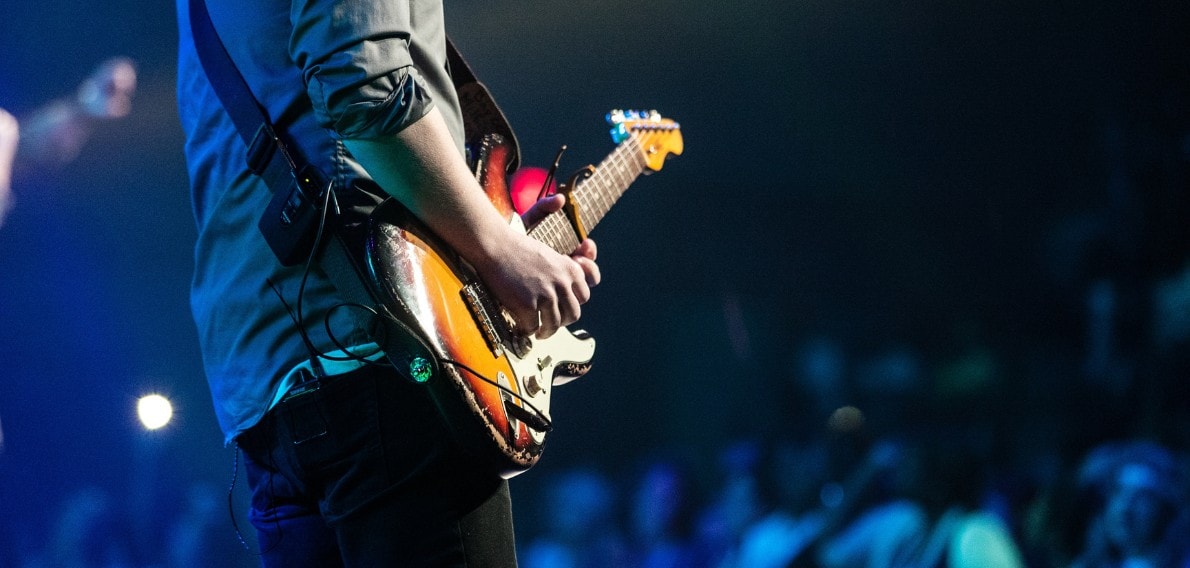
Booking agents are the linchpins of the live music industry, acting as the bridge between artists and the venues where they perform. Their primary responsibility is to book tours and sell shows to local talent buyers, ensuring that each performance aligns with the artist’s goals and audience expectations. With a robust network of local, regional, and national promoters, booking agents can craft comprehensive tour itineraries that maximize exposure and profitability.
For established acts, booking agents negotiate fees, secure venue availability, and ensure that all logistical requirements are met, from ticket pricing to catering and transportation arrangements. They provide proof of the venue’s capacity and work closely with local promoters to guarantee a seamless experience for both the artist and the audience.
Emerging artists, on the other hand, often rely on booking agents to help them break into new markets. These artists may need to demonstrate their ability to draw a crowd, often starting with smaller venues before moving on to larger spaces. Booking agents play a crucial role in this process, leveraging their industry connections to provide opportunities for growth and exposure.
In essence, booking agents are vital to the success of any tour, ensuring that every detail is meticulously planned and executed. Their expertise and relationships within the live music industry are invaluable assets for both emerging artists and established acts.
Strategic Location Planning and Tour Itinerary Optimization
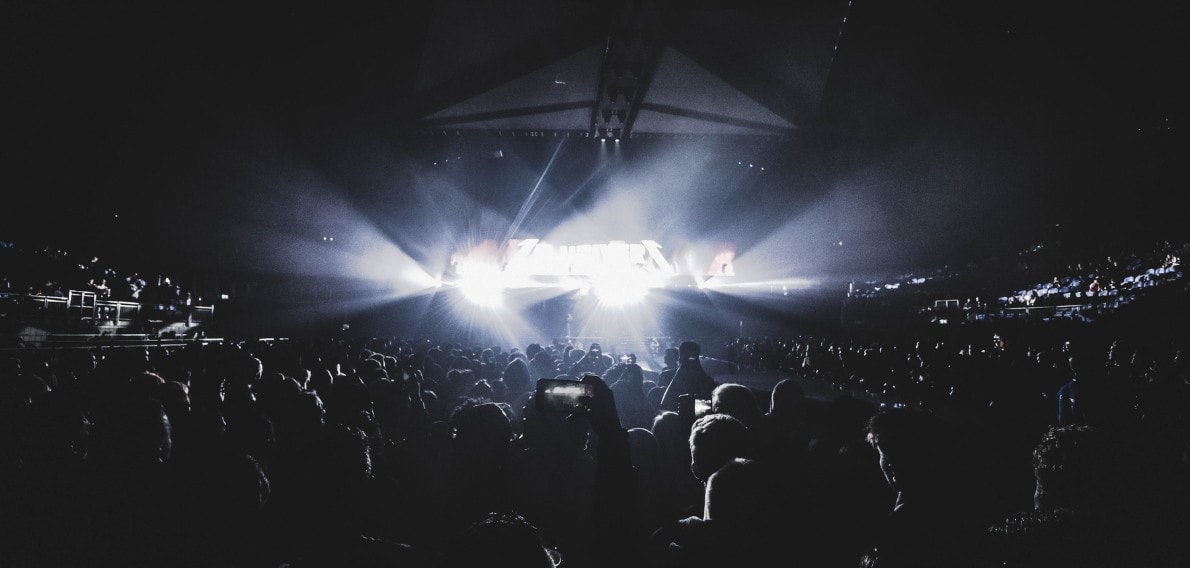
Location strategy extends beyond simply plotting points on a map. Modern tour routing requires sophisticated optimization that considers multiple variables simultaneously. The goal is to create a tour schedule that maximizes exposure while minimizing operational costs and artist fatigue.
A well-planned tour itinerary is crucial for estimating financial needs and organizing logistics. Geographic planning should incorporate data on streaming numbers, social media followers, and previous ticket sales in different regions.
Tools like heat maps can visualize fan concentration, helping identify promising markets and potential gaps in coverage. Additionally, consider seasonal factors that might affect attendance, such as local events, weather patterns, or competing performances.
Route optimization software can help calculate the most efficient path between venues, factoring in load-in times, sound checks, and necessary rest periods. This technology can also account for variables like traffic patterns, seasonal road conditions, and venue-specific loading requirements. A well-planned route can significantly reduce transportation costs and prevent scheduling conflicts that might compromise performance quality.
Maximizing Venue Size and Capacity Potential

The relationship between venue size and tour success is nuanced and requires careful consideration of multiple factors. While larger venues might seem more prestigious, they can potentially harm an artist’s momentum if not properly filled. Conversely, consistently sold-out smaller venues can create valuable buzz and demand for future tours.
Local venues play a crucial role in this process, as they help generate excitement and build a loyal fan base, which is essential for sustaining long-term success. When evaluating venue capacity, analyze historical ticket sales data and current market trends. Consider implementing a tiered approach where you book a mix of venue sizes throughout the tour. This strategy allows you to test different markets while maintaining momentum.
Some artists successfully create artificial scarcity by intentionally booking smaller venues than their potential draw, leading to quick sellouts and increased demand for additional shows. Modern venues often offer flexible configurations that can be adjusted based on ticket sales. These adaptable spaces allow you to modify the capacity and layout to optimize the audience experience while maintaining profitability.
Working with venues that offer this flexibility can help mitigate the risks associated with uncertain attendance figures.
Technical Specifications and Venue Infrastructure
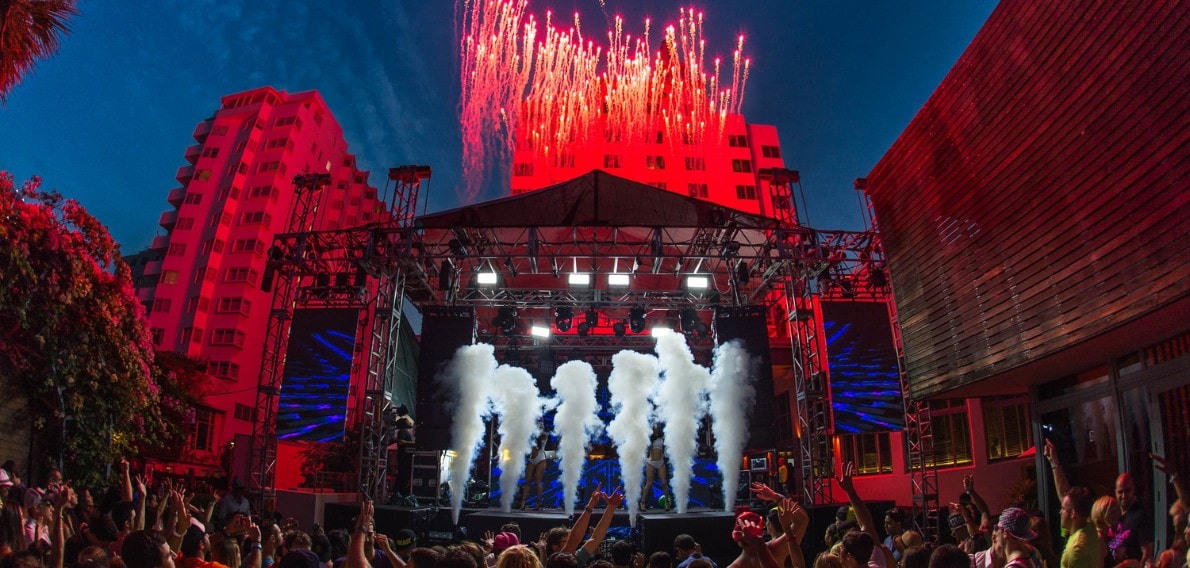
The technical capabilities of a venue directly impact the quality of the performance and the overall production value of the show. In today’s technology-driven performances, proper technical infrastructure is non-negotiable. A comprehensive technical evaluation should examine both the venue’s permanent installations and their ability to accommodate additional equipment.
The tour crew plays an essential role in ensuring the success of a concert tour. This well-organized team includes tour managers, technicians, and local staff, all of whom are crucial for logistical aspects such as setup, budgeting, and overall coordination before and during the tour.
Modern performances often incorporate complex multimedia elements, requiring venues to support advanced lighting systems, high-resolution projection mapping, and sophisticated sound systems. Evaluate the venue’s power supply capacity, rigging points, and overall technical infrastructure. Consider the availability of high-speed internet for streaming capabilities and social media integration, which have become increasingly important in modern performances.
The backstage area should provide adequate space for equipment storage, wardrobe changes, and artist relaxation. Consider the flow between different areas of the venue, ensuring efficient movement of personnel and equipment during setup and performance. The loading area should accommodate your transportation requirements and provide secure storage for valuable equipment.
Health, Safety, and Security Protocols
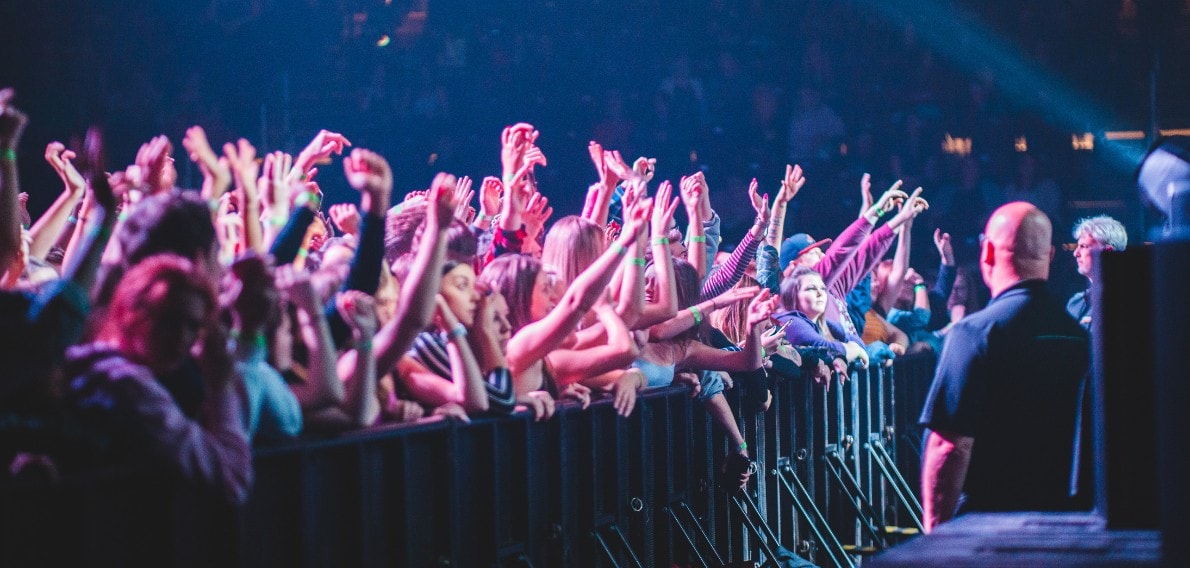
In the post-pandemic era, health and safety considerations have taken on new significance in venue selection. Beyond traditional security measures, venues must now demonstrate comprehensive health protocols and emergency response capabilities. This includes proper ventilation systems, sanitization procedures, and flexible policies that can adapt to changing health guidelines.
Security infrastructure should include modern surveillance systems, trained personnel, and established emergency procedures. Evaluate the venue’s track record in handling security incidents and their relationships with local law enforcement. Consider the venue’s crowd management strategies, including entry and exit procedures, crowd flow design, and emergency evacuation plans.
Insurance requirements and liability considerations should be thoroughly reviewed. Ensure the venue maintains appropriate coverage and can provide documentation of compliance with local safety regulations. This includes regular inspections of fire safety systems, structural integrity assessments, and maintenance records.
Creating Optimal Fan Experiences with Local Promoters
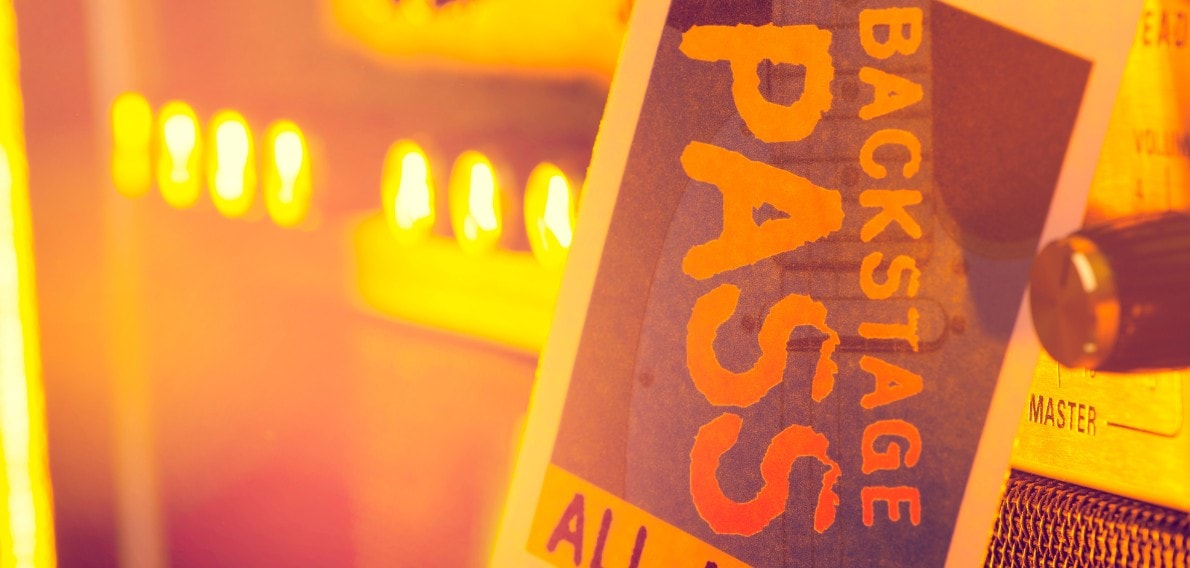
The modern concert experience extends far beyond the performance itself. Today’s audiences expect immersive experiences that begin before they enter the venue and continue after the show ends. Evaluate venues based on their ability to facilitate these extended experiences through social media opportunities, merchandise areas, and interactive installations.
Contacting local newspapers or radio stations to gain press coverage can significantly increase awareness and audience engagement around the artist’s upcoming shows.
Consider the venue’s ability to support VIP experiences, meet-and-greet areas, and special access zones. The physical layout should allow for smooth traffic flow between different areas while maintaining exclusive access where needed. Evaluate the quality of amenities like restrooms, concession areas, and merchandise locations, as these significantly impact overall satisfaction.
Digital integration capabilities are increasingly important, with many venues offering advanced features like app-based ordering systems, digital ticketing, and social media integration. These technologies can enhance the fan experience while providing valuable data for future tour planning.
Also Read: How To Cultivate A Loyal Fan Community And Reap The Ongoing Benefits
Financial Planning, Ticket Sales, and Profitability Analysis
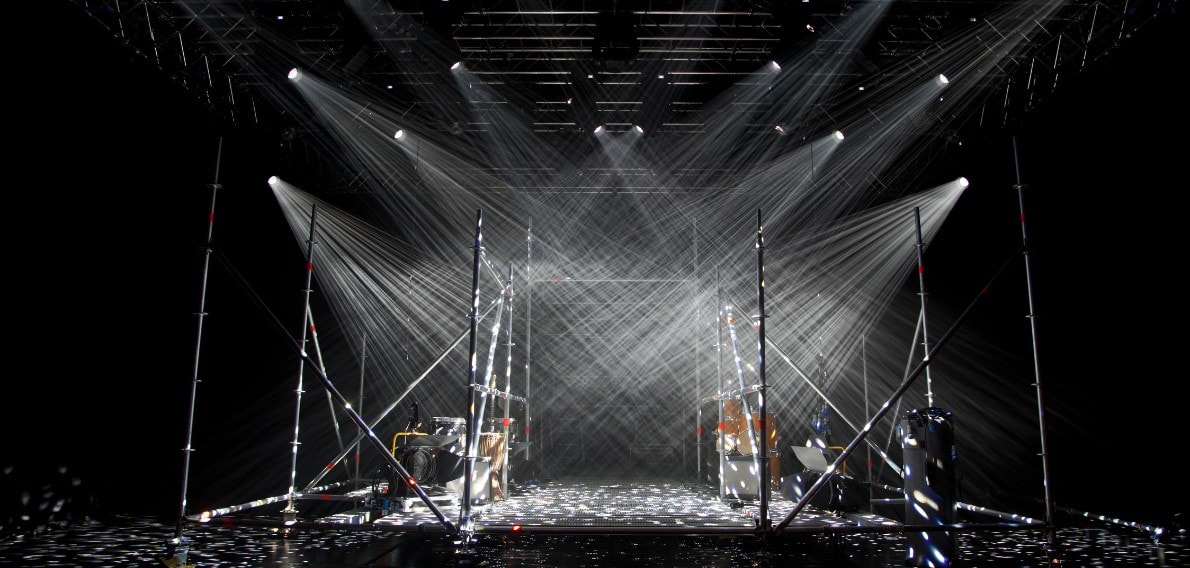
Financial success in touring requires sophisticated analysis of venue economics. Beyond basic rental fees, modern venue agreements often include complex revenue-sharing arrangements, marketing commitments, and additional service fees.
Establish a Tour Budget
Develop comprehensive financial models that account for all potential revenue streams and expenses. Establishing a budget for your tour is a critical step in the tour planning process to understand total costs and manage expenses effectively.
Conduct Adequate Research
Consider the venue’s historical data on merchandise sales, beverage consumption, and additional revenue opportunities. Analyze the local market’s ticket price tolerance and compare it with your production costs. Some venues offer revenue-sharing models for ancillary services like parking or concessions, which can significantly impact overall profitability. Additionally, analyzing tour turns, including the number of shows and their geographical locations, is essential to enhance the tour’s success and profitability.
Plan Your Negotiations
Negotiate agreements that protect both parties while maintaining flexibility for unexpected situations. Consider including provisions for streaming rights, recording opportunities, and other potential revenue sources. Carefully review insurance requirements, damage deposits, and cancellation policies to understand your financial exposure.
Also Read: Event Cancellation Insurance: A Complete Guide to How it Works & What it Covers
Marketing and Promoting Your Tour
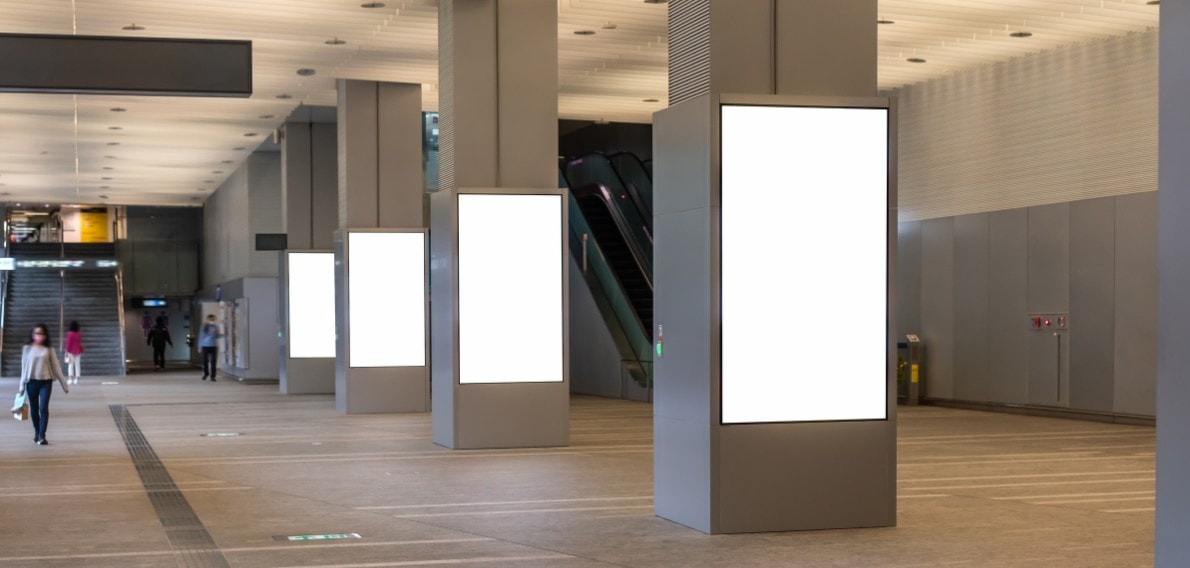
Marketing and promoting a tour is an essential component of the live music industry, directly impacting ticket sales and overall tour success. Effective promotion requires a multi-faceted approach, utilizing social media, email marketing, and advertising to reach and engage potential audiences.
Creating a marketing funnel is a powerful strategy for introducing your music to geo-targeted audiences. By running follow-up ads and engaging with fans through social media, artists can build anticipation and drive ticket sales. It’s crucial to promote every tour date, ensuring that each show receives the attention it deserves.
Repurposing content from each performance can significantly enhance visibility. Capturing high-quality photos and videos during shows provides valuable material for future marketing efforts. This content can be shared across social media platforms, email newsletters, and other channels to maintain engagement and attract new fans.
Also Read: How To Create And Plan Stellar Content For Your Event
Building a loyal fan base is another critical aspect of tour promotion. Collecting fan emails, engaging with venue staff, and networking with other acts on the bill can create lasting connections that benefit future tours. Conducting a tour sprint review after each leg of the tour allows artists to assess their performance, identify areas for improvement, and refine their strategies for future success.
In summary, effective marketing and promotion are vital for maximizing the impact of a tour. By leveraging various channels and continuously engaging with fans, artists can ensure that their live performances reach the widest possible audience and leave a lasting impression.
Successful venue selection requires a delicate balance of artistic vision, operational efficiency, and financial pragmatism. In today’s dynamic entertainment landscape, the venues you choose can significantly impact an artist’s career trajectory and tour success. By carefully considering each aspect outlined in this guide, you can create tours that maximize both artistic impact and financial returns.
Remember that venue selection is not a one-size-fits-all process. Each artist’s unique requirements, audience expectations, and market conditions must inform your decisions. Regular evaluation of venue performance and willingness to adjust strategies based on data and experience will help ensure continued success in an ever-evolving industry.
Frequently Asked Questions
How do I determine the right venue size for my artist?
Consider your artist’s current draw in each market based on streaming numbers, social media following, and previous ticket sales. It’s generally better to choose a slightly smaller venue that will sell out than a larger one that might be half-empty. For emerging artists, start with venues of 100-500 capacity and gradually scale up based on demand. Look at recent ticket sales from similar artists in the market, and consider seasonal factors that might affect attendance. Always account for potential growth or decline in popularity between booking and show dates.
What technical specifications should I prioritize when evaluating venues?
Focus first on sound system quality and acoustics, as these directly impact performance quality. Ensure the venue has adequate power supply for your production needs, appropriate stage dimensions, and sufficient lighting capabilities. Check for proper load-in access, storage space, and dressing room facilities. Modern performances often require reliable high-speed internet for streaming and social media integration, so verify these capabilities. Also consider the venue’s ability to accommodate any special effects or multimedia elements your show might include.
How far in advance should I book venues for a tour?
Most venues require booking 3-6 months in advance for smaller acts and 6-12 months for larger artists. However, premium venues in major markets might need to be secured up to a year in advance, especially during peak seasons. Consider local events, holidays, and competing shows when selecting dates. Always have backup dates and venues in mind for key markets, and be prepared to adjust your routing based on venue availability.
What financial terms should I negotiate with venues?
Beyond the basic rental fee or ticket split, negotiate terms for merchandise sales percentages, minimum guarantees, and production costs. Understand who covers marketing expenses, security, and insurance. Consider negotiating revenue shares from bar sales for stronger draws. Always get clear documentation on cancellation policies and any additional fees like cleaning charges or technical staff costs. Include provisions for force majeure events and potential streaming rights.
How can I ensure the venue provides a good fan experience?
Research venue reviews focusing on sight lines, sound quality, and crowd flow. Check that the venue has adequate parking or public transport access, sufficient restroom facilities, and efficient bar service. Evaluate security procedures and ensure they’re thorough but not intrusive. Consider whether the venue can accommodate VIP experiences or meet-and-greets. Also assess the venue’s reputation for customer service and their ability to handle special requests or accessibility needs.
What are the key health and safety considerations when selecting venues?
Verify that the venue meets all local safety codes and regulations, including fire safety and emergency exits. Ensure they have clear protocols for medical emergencies and adequate security staffing. Check their insurance coverage and liability policies. In post-pandemic operations, assess their ventilation systems, cleaning protocols, and ability to adapt to changing health guidelines. Consider their track record in handling emergency situations and their relationships with local emergency services.
How should I evaluate venue location and accessibility?
Consider the venue’s proximity to your target audience and major transportation hubs. Assess parking availability and public transit options. Evaluate the surrounding area for safety and additional entertainment options that might enhance the overall experience. Consider load-in/load-out access and the impact of local traffic patterns on show times. Also factor in the venue’s proximity to accommodations for touring personnel and any local noise ordinances that might affect show times.
What are the most common mistakes to avoid when selecting venues?
The biggest mistakes include overestimating draw and booking venues too large, inadequately researching technical capabilities, ignoring load-in/load-out logistics, and failing to consider local market factors like competing events. Another common error is not thoroughly reviewing financial terms and hidden costs in venue contracts. Avoid booking venues solely based on their prestige without considering practical aspects. Don’t neglect to verify the venue’s reputation with other touring acts and local promoters. Finally, never skip the step of personally visiting the venue or sending a trusted advance team when possible, rather than relying solely on virtual tours or venue-provided information.
You May Also Like:
10 Aspects Of Event Planning Every Promoter Should Check In On
The Essentials Of Planning An Enticing Event Itinerary
How to Use Spotify Playlists to Market Your Festival and Boost Ticket Sales

